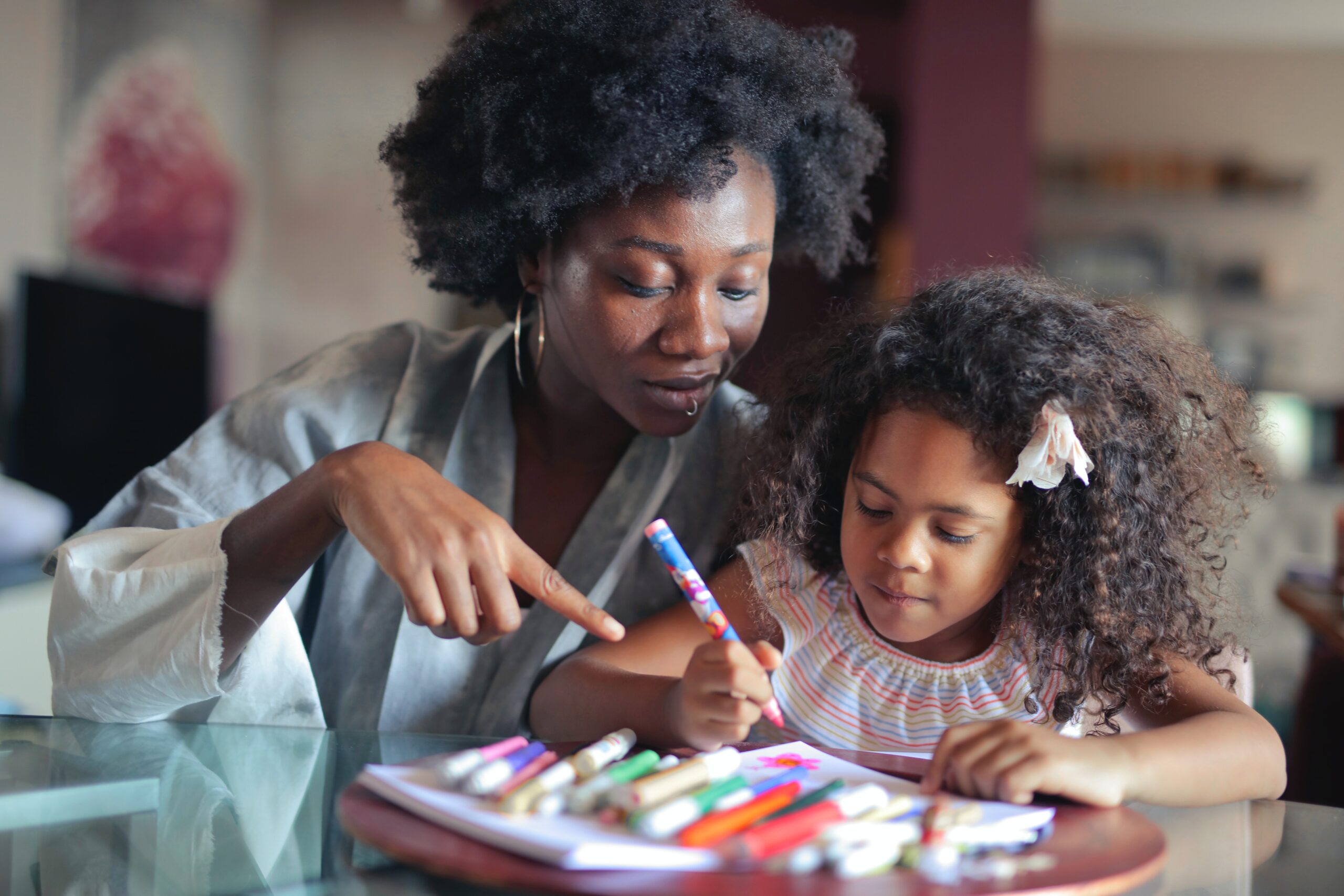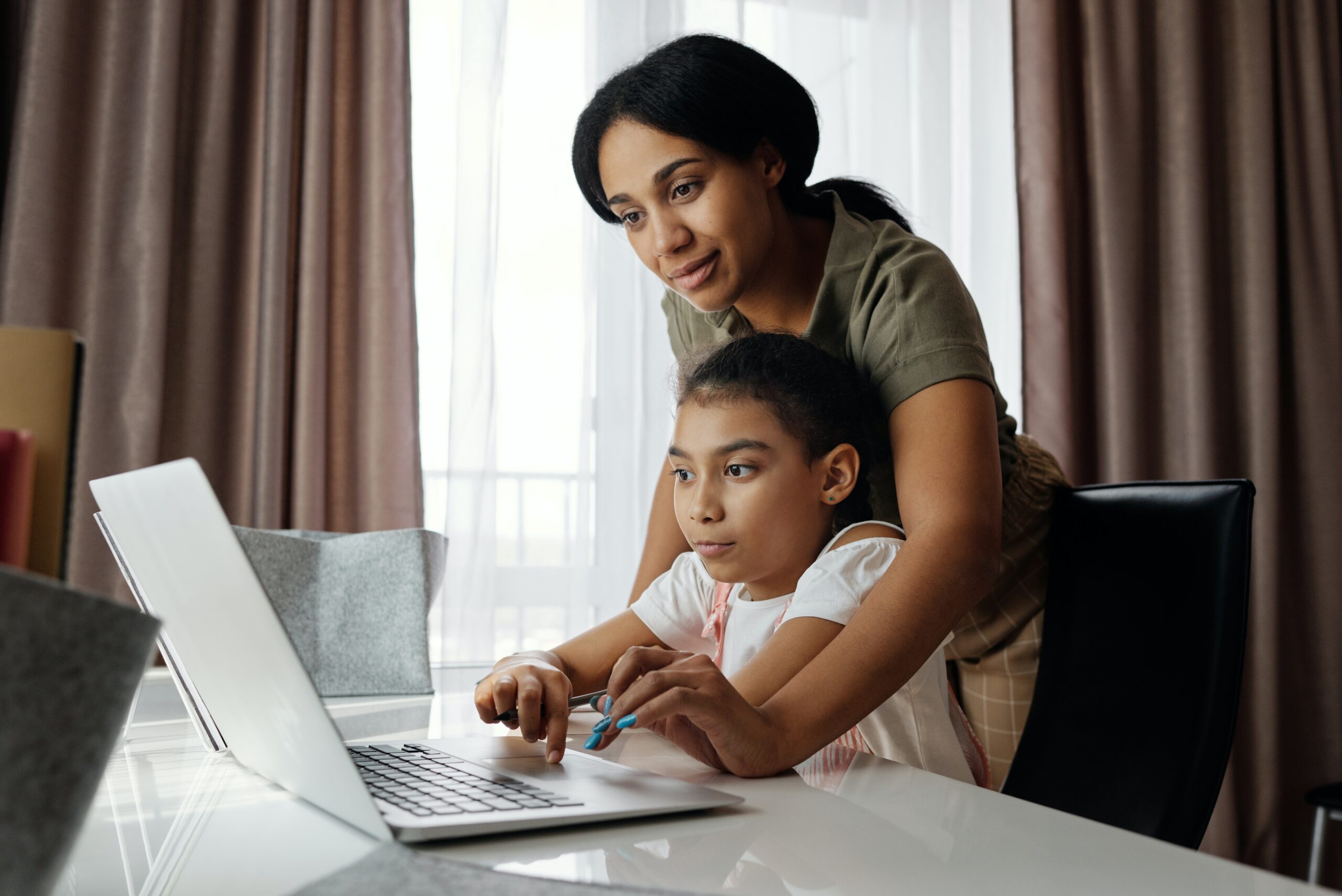Many people are intrigued by homeschooling. The thought of freedom from a rigid school structure, the focus on your kid’s strength and weaknesses and upholding specific values is an attractive one. Homeschooling is becoming increasingly popular among families who want a more personalized and flexible approach to education. This has become a good alternative to traditional schooling for parents who wish to give their kids a more customized education that meets their specific needs. With the freedom to change the curriculum and teaching methods to fit a child’s learning style, interests, and skills, homeschooling can provide a fun and effective way to learn based on the child’s strengths and weaknesses in the learning process.
Also, homeschooling can give kids a safe, caring environment where their parents can closely monitor their progress and ensure they are safe. As worries about school safety grow, homeschooling can give parents peace of mind that their children are learning in a safe and comfortable place. But that inevitably leads to a number of common questions. Here are a few of those questions and some thoughts and considerations.
Socialization
A dictionary gives the next definition of the term socialization: A process of adoption of a certain system of knowledge, norms and values by a person which allow him or her to act as a member of society.
Initial socialization takes place in a small social group (commonly, in a family circle), the next step of socialization takes place in a bigger social group. This is the part of educating a child which bothers most of the people. However, a child educated at home is not locked in a single place and to a certain society. The child constantly communicates and interacts with other people. Commonly these are friendly, enthusiastic, interesting people, adults, and children, living in different communities and doing different types of work and activities. Will society be worse off than if the child is educated via a randomly gathered group of children under the supervision of various teachers? Will the norms and values of this society be worse than norms and values implanted by a school?
Most homeschool parents are always developing ways to keep their child connected to others. That can be through co-ops, planned activities, sports clubs and more. Many homeschoolers are connected to each other and work together to provide a rich set of activities and experiences as a group.
How does a child learn about the world’s diversity?
In terms of knowledge and emotional diversity, home-schooling exceeds in volume and quality traditional schooling. We have enough time to search for answers and not only to find answers but to experience the situations. But we are often asked not about experience, but about various people, various situations which home educated kids rarely face. But the truth is that as home schoolers as with traditional school kids we all face the same unpleasant issues of life, no matter how hard you will try to shield and protect your child from evils of the world.
A home schooler is also taught that he or she must not interact with a person who constantly humiliates kids and others, that bullying is wrong and other situations aren’t right. This different than being part of them daily in a school environment and perhaps are being pushed in to doing activities or treating people they otherwise wouldn’t do?
Also, parents who homeschool their kids may also want to get them involved in activities outside of school, like sports or clubs, where they can learn important social skills and make friends. Parents who homeschool their kids can help them build resilience and coping skills that will help them in the future by giving them chances to interact with people outside of the home.
How does a child learn to overcome difficulties and to deal with unpleasant situations?
A home schooler constantly faces many unpleasant situations — interacting with parents, other adults, doing home tasks, meeting with friends, juggling their schedule and more. These are perfect situations to teach a kid to adjust to life, but not to let them be at the risk of a type of social Russian roulette with a slogan of “all that does not kill us, makes us stronger”.
Whether they attend a traditional school or are homeschooled, every child needs to learn how to deal with problems and make the best of bad situations. Even though homeschooling is different from going to a regular school, there are still many ways for parents to help their kids learn these skills. In addition, they can help their kids get through hard times and deal with unpleasant situations by giving them chances to face and work through challenges. This could mean giving children challenging schoolwork, helping them learn how to solve problems, and encouraging them to try new and hard tasks.
Moreover, parents can also help them learn how to deal with bad things by setting a good example and giving them emotional support. This could mean teaching kids how to deal with stress and anxiety, helping them build social skills and emotional intelligence, and giving them a safe, caring place where they can talk about how they feel.
Help your children learns these lessons through reading books like Tuttle Twins which can be purchased with Tuttle Twins discount codes.
Is it good for a mother to become a teacher? Can’t that negatively impact the family?
We do not turn into teachers and coaches when a kid is trying to make their first steps, we do not turn into speech therapists when a kid is trying to pronounce first awkward words. Then why should we turn into teachers when educating our kids and teaching various disciplines?
Homeschool parents teach their child from the perspective as the child’s mother and father. Sometimes they need to be strict and exacting, sometimes they get bad-tempered, sometimes they lose control over their emotions. That’s all part of being a parent. And a good parent learns and grows and becomes the parent their child needs. That includes learning parenting skills, learning new subject and topics finding resources that their child needs and more. A homeschool parent just has added the direct responsibilities of the education but in reality, all parents ultimately have that responsibility.
How can a mom teach without a specific background in education?
Parents who decide to teach their kids at home but don’t have a background in education may feel scared or overwhelmed. But with creativity, research, and dedication, these parents can still give their kids a good education. Every day there are successful homeschool families who are providing rich educational experiences to their children. The idea of one person sitting in a room and teaching with just a few books and no help isn’t really the way most homeschooling works. First, the parents will continue to learn and evaluate and work on the curriculum for their children. Second, they will tap into co-op resources, online resources, local classes and more to supplement and provide the gaps the parents can’t provide.
Many of these options are made to be easy to use and require no prior teaching experience. Parents who need more help may also find useful information online; they can also benefit from joining a homeschooling community, which allows them to connect with other homeschooling parents and get adequate help and advice. In addition, parents can obtain up-to-date information on the latest educational trends and best practices by using online resources like educational websites and going to conferences.
Even though it may seem hard at first, homeschooling without a background in education can be a rewarding and fulfilling experience for both parents and children. By using the available resources, parents can give their children an education that is tailored to their needs and interests. Ultimately, the key to success in homeschooling is a willingness to learn and adapt, and a commitment to providing the best possible education for your children.
What if the parent fails to teach something?
A good homeschool parent will realize the limits of their knowledge and skills and find resources to supplement their child’s educational needs. A homeschooling parent would inevitably feel they haven’t taught their child enough. However, homeschooling is a learning process for both parents and children, and no one is perfect. Parents have numerous options if they believe they failed to teach: they can consult other homeschooling parents or experts and homeschooling groups, forums, and schools. They can also enroll their child in an online course, hire a tutor, and reassess and change the teaching method. A parent can teach the same subject using diverse materials and methods until their child understands. Many different teaching methods and resources are available, and it’s important to find the ones that work best for the child.
Most homeschoolers would laugh at this argument. Look at the continuing decline in our education system compared to the rest of the developed world and the number of students graduating with barely enough skills to hold a job. An involved homeschooling parent will make sure the child gets the full education they need.
How does a parent manage to handle homeschooling and the rest of their responsibilities?
How does any parent manage to parent and do the things they need to get done? You can have a child in a traditional school and struggle to get them home on time from school, help with their studies and have a life outside of work and kids. A homeschool parent will have challenges working full time out of the home job but they also have the flexibility to work and school when needed and to structure their time appropriately.
To many it doesn’t seem right – parents should have their own individual lives, business, work, hobbies, etc.. In reality your going to spend time with your children and be involved. Clearly, there is work to be done to plan and implement a curriculum for your child. The benefits though of a flexible schedule, efficiencies in time usage (no driving to school, no evening homework, etc.) can help to provide time for balance.
What if a child does not want to study at home?
Most children go through phases of not wanting to study at home. This isn’t unique to homeschooling. In fact, children have more flexibility when they will study and for how long than a more structured traditional school environment where studying almost always happens outside of the classroom schedule.
Include children in educational decisions, as children may be more motivated to learn if they can choose their curriculum. Parents may make learning more fun by incorporating their child’s interests and hobbies into the learning process. Also, it is better to set study expectations and practices. Children can learn accountability and responsibility by setting goals and studying regularly. Parents may help kids focus and stay involved by creating a peaceful, well-lit, distraction-free study place.
In addition, parents may also want to include more project-based, experiential learning for their children. Field trips, experiments, and creative projects can get kids enthused about learning. Parents must foster a helpful learning environment. Praising effort and progress rather than achievement might help kids develop a growth attitude and enjoyment of learning. Recognizing triumphs and milestones can also inspire kids.
One thing that often isn’t considered when people think of homeschooling is that it’s not a permanent decision. It at some point there is a strong desire on behalf of the child to go to a traditional school and the parents agree, that can happen. You aren’t locked in and that’s is one of the greatest advantages of home schooling — to be able to flexibly adjust to the requirements and needs of all participants of the schooling process.
What if the child struggles in their studies?
If there are issues with studying and learning, then they will likely be there no matter what type of education you choose — home schooling or traditional school. And in nearly all of those situations it’s up to the parent to ensure they get resolved and the child gets help. Yes in a traditional school environment you may have resources at the school available to assist. But in today’s connected world there is a myriad of resources available on nearly any topic and subject.
What if family and friends will not support the decision to educate the child at home?
Most homeschool parents will feel that it’s their decision and not others on how to educate their child. Others in the family and close friends may play an important role but it’s not their responsibility. But you can’t ignore the influence they do have and their opinions.
Perhaps you need to reach a compromise, discuss a trial home schooling year or give home schooling a try until the first difficulties or failures. This decision process is different for each family and it may be a journey of ups and downs for all involved.
What if a child ends up spending lots of time doing nothing or playing video games?
Much like any educational environment, the parents have a significant impact, home schooled or not. If the parents ensure the child is studying and accomplishing their target goals then the time for playing games and other activities will be clearly delineated from school work. If the parent isn’t involved and isn’t set high standards the children will likely gravitate to activities that aren’t school related regardless of the schooling situation.
What if the child will regret having been homeschooled?
Nobody parent knows for sure, what their children will say when grown up. It is a foolish thing to wait for their acknowledgment and appreciation. We live for present days and present emotions. If we build a solid relationship foundation now that should overcome future doubts and frustrations to see that the intentions were honorable and the effort sincere.





